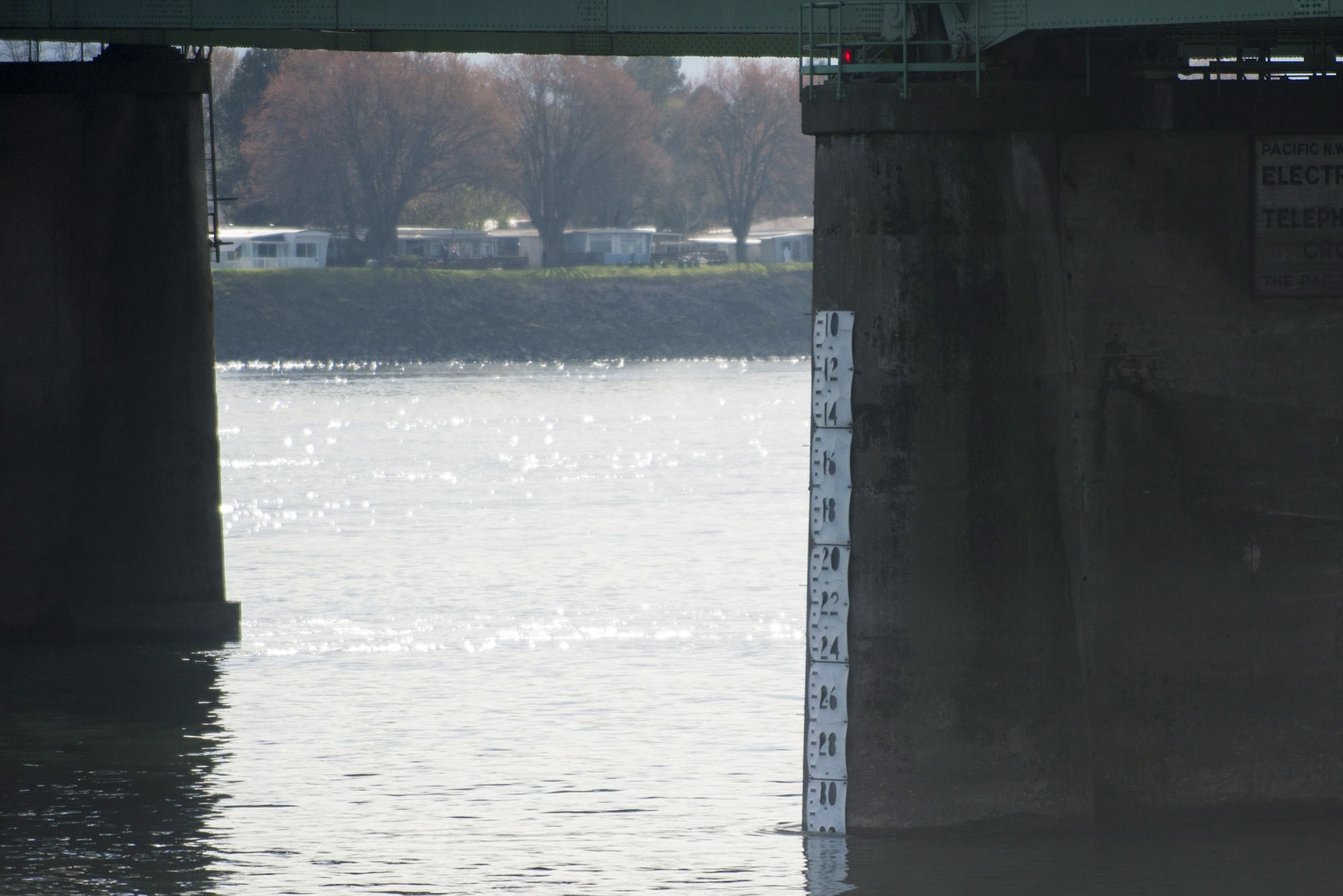Gov. Jay Inslee on Friday declared a statewide drought emergency, citing a deepening crisis that threatens to touch all corners of the state.
The announcement comes as a dismally low snowpack across Washington continues to dwindle. About 70 percent of the state’s monitoring stations are showing record-low snowpack, Inslee said. Many already have no snow at all.
“We’re seeing things happen at this time of year that we have just never seen before,” Inslee said in remarks that were broadcast by TVW, the statewide government access channel.
Friday’s declaration doesn’t change the drought status for Clark County, which was already included in an earlier, more limited emergency declaration. Now all areas of the state can qualify for relief funds that can be used for various water supply measures if they experience hardship due to the worsening drought.
“We want to be able to help everybody in the state who needs help,” Inslee said.
Rivers and streams this summer are expected to flow at their lowest levels in at least 64 years, Inslee said, carrying broad economic and ecological implications. That could create habitat problems and migratory barriers for fish in Southwest Washington and elsewhere. Many farmers and water users in agriculture-dependent parts of Washington have already begun to make difficult decisions, said Maia Bellon, director of the state Department of Ecology.
Officials have characterized this year’s situation as a “snowpack drought.” Warm temperatures have severely limited mountain snow despite near-normal precipitation across the state.
“It’s really unlike anything we’ve experienced,” Inslee said.
The governor noted that drinking water supplies in Washington’s most populous areas are in good shape and not likely to see any restrictions or shortages. That’s also true in Clark County, where most people’s water is pumped from vast underground aquifers.
The city of Vancouver, by far the county’s largest supplier of drinking water, doesn’t expect any drought-related issues this year, said spokeswoman Loretta Callahan. All of the city’s drinking water comes from aquifers, which are generally more stable than surface sources.
Clark Public Utilities, another major local supplier that draws from underground aquifers, also doesn’t expect to see any problems, said spokeswoman Erica Erland. But it’s still a good idea to use resources wisely in any conditions, she said.
“We always encourage people to be mindful of their use of water and electricity,” Erland said.
The state ecology department has asked the Washington Legislature for more than $9 million this year for drought relief, Bellon said. That money can be used for work such as drilling emergency wells, deepening river channels and leasing water rights for irrigators. Lawmakers are currently in a special session in Olympia, and haven’t yet finalized the state budget.
Long-term forecasts call for a warm, dry summer, Bellon said. That could exacerbate the drought and fuel what’s expected to be a dangerous wildfire season.
This year’s declaration marks the first statewide drought in Washington since 2005. It’s likely to get worse before it gets better, Bellon said.
“We have some really tough months ahead of us,” she said.




